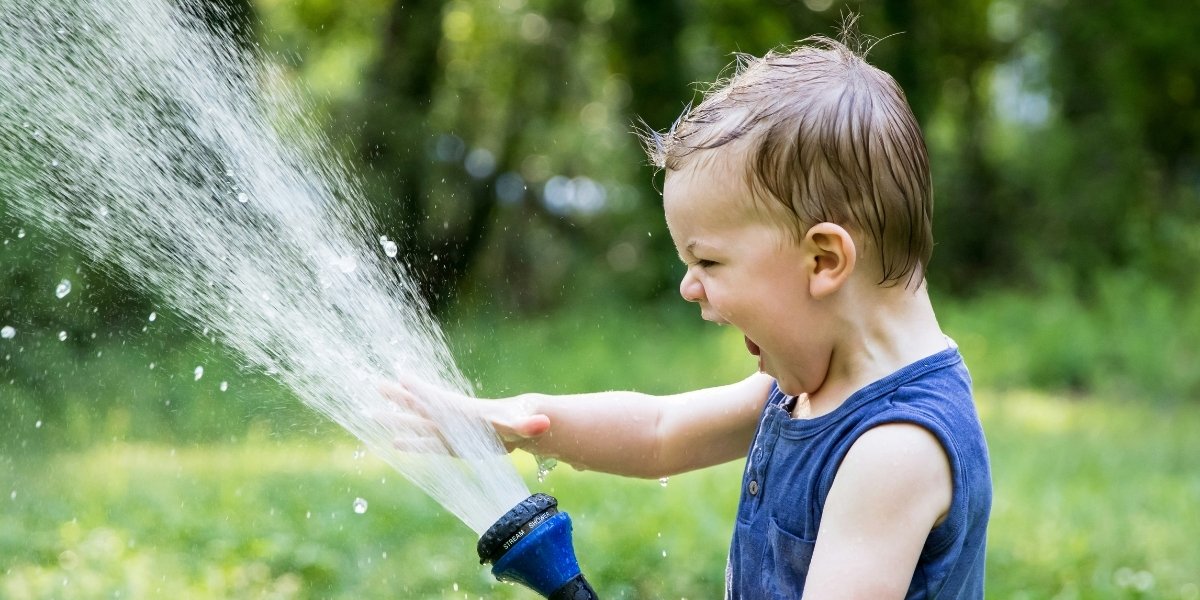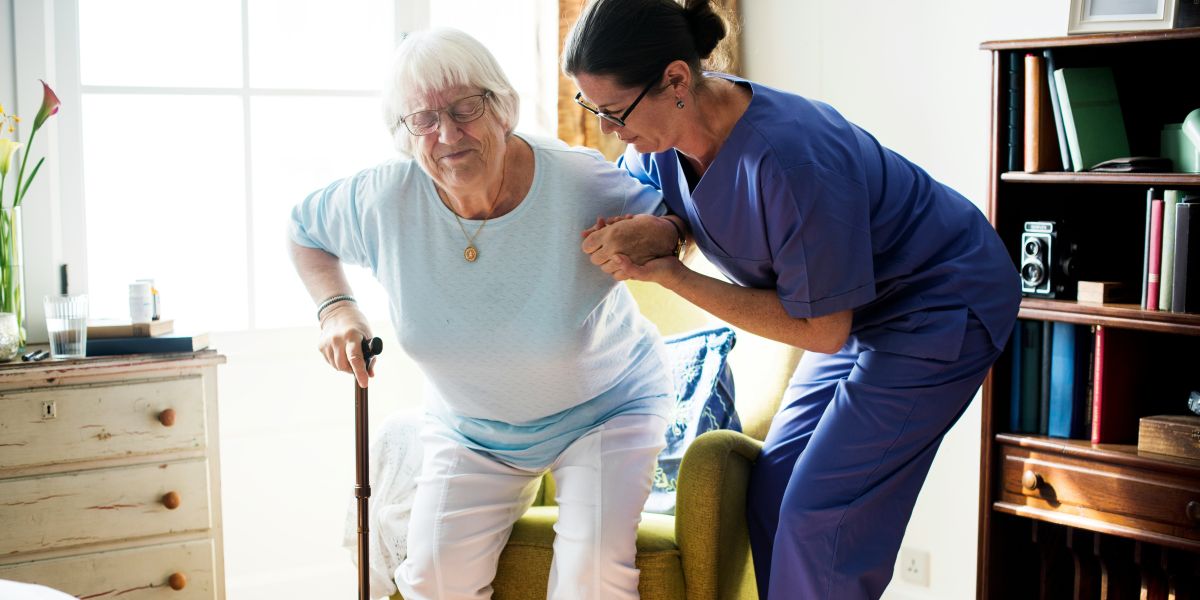Spending time outdoors is a vital part of a healthy lifestyle, offering physical, mental, and emotional benefits. Exposure to natural sunlight helps regulate sleep cycles and boosts vitamin D levels, while fresh air and movement support cardiovascular health and reduce stress. Whether it’s a leisurely walk in the park or a more intense hike, outdoor activities encourage people to disconnect from screens and reconnect with nature. However, as temperatures rise or exertion increases, the body loses fluids more rapidly through sweat, making hydration a key factor in maintaining well-being during outdoor excursions.
Children and seniors are particularly susceptible to dehydration due to differences in body composition, thermoregulation, and awareness of thirst. Young children may become so engrossed in play that they forget to drink water, while older adults often experience a diminished sense of thirst and may have underlying health conditions that affect fluid balance. To mitigate these risks, caregivers and outdoor enthusiasts should prioritize hydration by encouraging regular water breaks, offering electrolyte-rich beverages when needed, and choosing shaded or cooler environments during peak heat hours. By recognizing the unique needs of these vulnerable groups and planning accordingly, outdoor time can remain both enjoyable and safe for everyone involved.
Why Hydration is Crucial for Children and Seniors
Children have a higher metabolic rate and a larger body surface area relative to their weight, making them more susceptible to fluid loss and overheating. They also may not recognize thirst as readily or communicate their need for water effectively when engrossed in play.
Seniors, on the other hand, often experience a diminished sense of thirst, meaning they may not feel thirsty even when their bodies are already dehydrated. Age-related changes in kidney function, certain medications, and reduced mobility can further compound this risk.
Hydration Strategies for Children
Encouraging children to drink enough water outdoors often requires a creative and proactive approach.
Make Hydration Fun: Invest in colorful, fun water bottles or ones with their favorite characters. Use silly straws or create “hydration games” where they take a sip after a certain activity. Fruit-infused water (e.g., with berries, cucumber, or orange slices) can also make plain water more appealing.
Schedule Regular Drink Breaks: Don’t wait for children to ask for water. Implement mandatory “water breaks” every 20-30 minutes during outdoor play, especially in warm weather.
Keep Drinks Accessible: Always have water bottles within easy reach. If they have to stop playing, go inside, or ask for a drink, they are less likely to hydrate consistently.

Offer Variety (Wisely): While water is best, diluted fruit juice (50% water, 50% juice), fruit popsicles, or even small portions of hydrating fruits like watermelon or oranges can contribute to fluid intake. Avoid sugary sodas or undiluted juices, as these can actually worsen dehydration.
Lead by Example: Children often mimic adult behavior. When caregivers consistently drink water themselves, children are more likely to follow suit.
Educate Simply: Explain in simple terms why drinking water is important for their energy and health. “Water helps you run faster!” or “It keeps your body cool!” can be effective messages.
Hydration Strategies for Seniors
Hydrating seniors requires a thoughtful and often consistent effort, given their reduced thirst perception.
Proactive Sips, Not Just Gulping: Encourage frequent, small sips of fluids throughout the day rather than relying on large amounts at meal times. Keep a water bottle or glass of water near them at all times.
Consider Preferred Temperatures: Offer beverages at temperatures they prefer – some seniors might prefer lukewarm water over ice-cold, or warm herbal tea.
Hydrating Foods: Incorporate water-rich foods into their diet. Many fruits (watermelon, cantaloupe, strawberries, oranges) and vegetables (cucumber, lettuce, celery) have high water content. Soups and broths can also be excellent sources of hydration.
Easy Access and Opening: Ensure drinks are easy to reach and that bottles or containers can be opened without difficulty. Provide straws if that makes drinking easier.
Medication Awareness: Be aware that some medications can increase fluid loss or interact with hydration levels. Consult with a doctor or pharmacist about any medication-related hydration concerns.
Social Encouragement: Sometimes, a gentle reminder from a caregiver or the act of drinking together can encourage hydration.
Monitor for Signs: Caregivers should be vigilant for signs of dehydration, which can include fatigue, dizziness, confusion, dry mouth, or reduced urination. Seek medical attention if these signs are severe.
General Tips for Outdoor Hydration
Regardless of age, a few universal tips can help everyone stay hydrated outdoors:
Pre-hydrate: Drink a glass or two of water before heading out for outdoor activities.
Post-hydrate: Continue to drink fluids after returning indoors to replenish any lost fluids.
Dress Appropriately: Wear light-colored, loose-fitting clothing that allows for air circulation and sweat evaporation.
Seek Shade: Take frequent breaks in the shade to cool down and reduce fluid loss from excessive sweating.
Listen to Your Body: While children and seniors may not always feel thirst, adults should pay attention to their own body’s signals and drink before feeling parched.
Ensuring adequate hydration for children and seniors during outdoor activities is a critical aspect of their health and safety. By understanding their unique needs and implementing proactive, engaging strategies, caregivers can help these vulnerable groups stay well-hydrated, allowing them to safely enjoy the many benefits of spending time in nature. Prioritizing hydration means prioritizing well-being.





